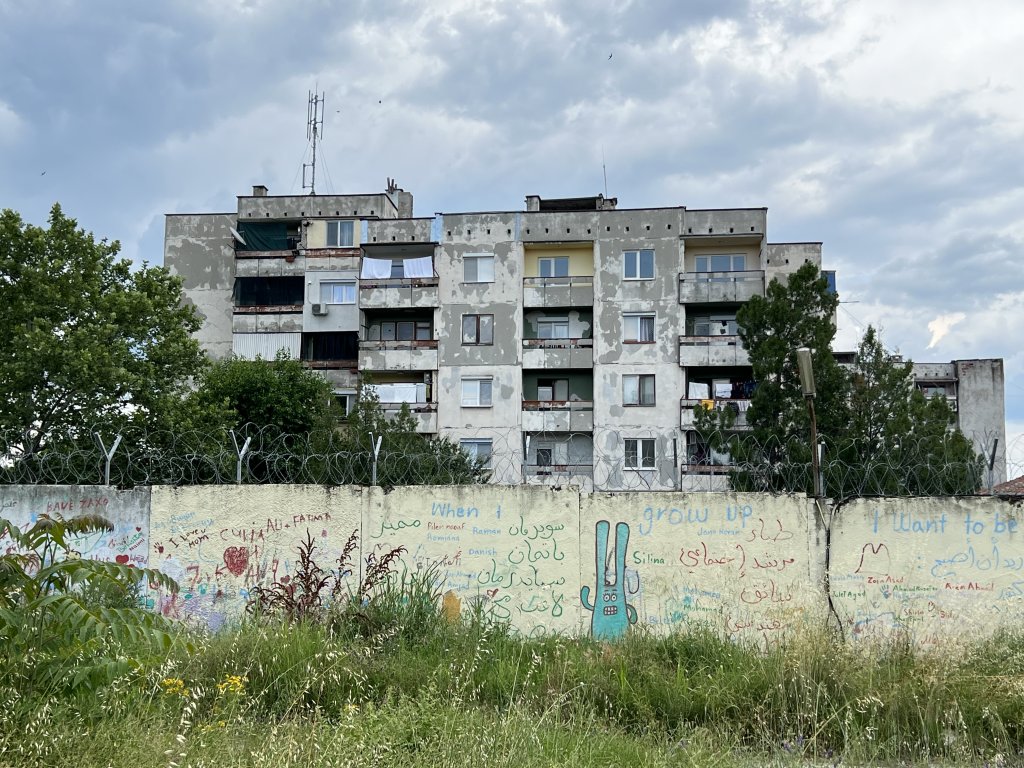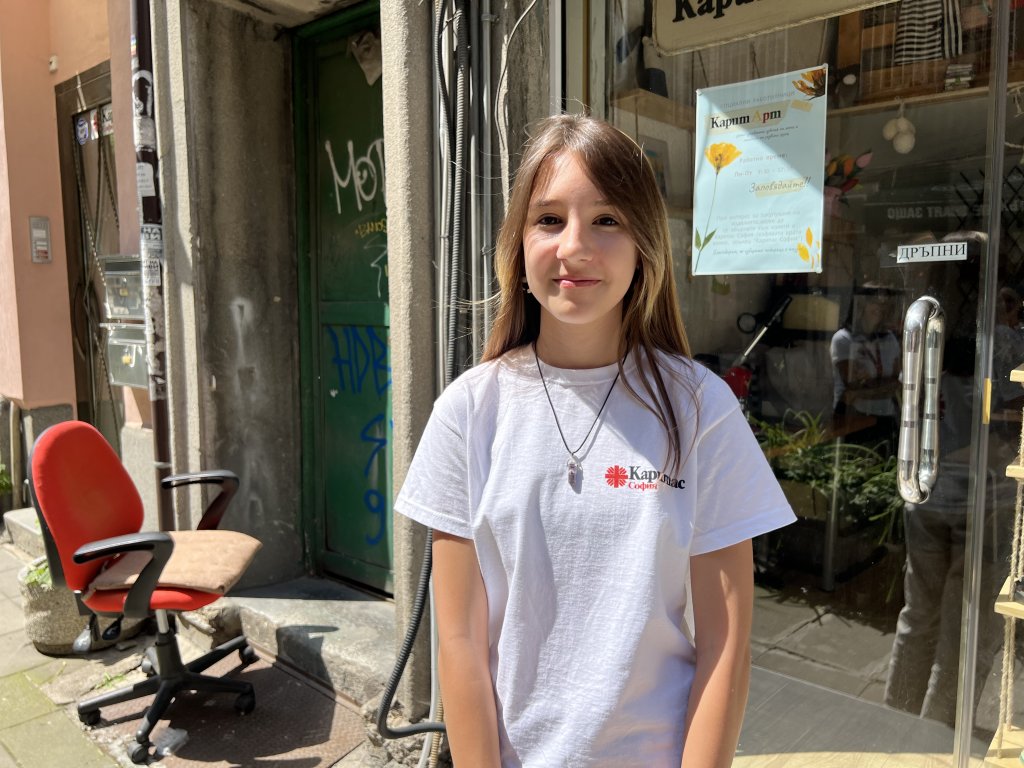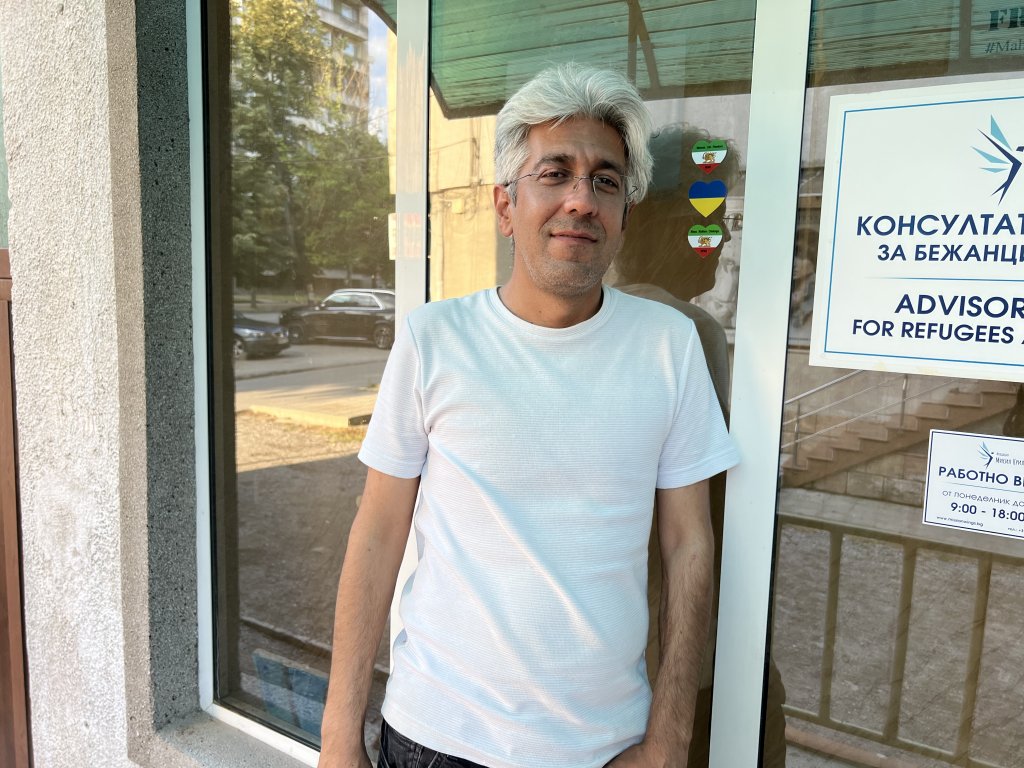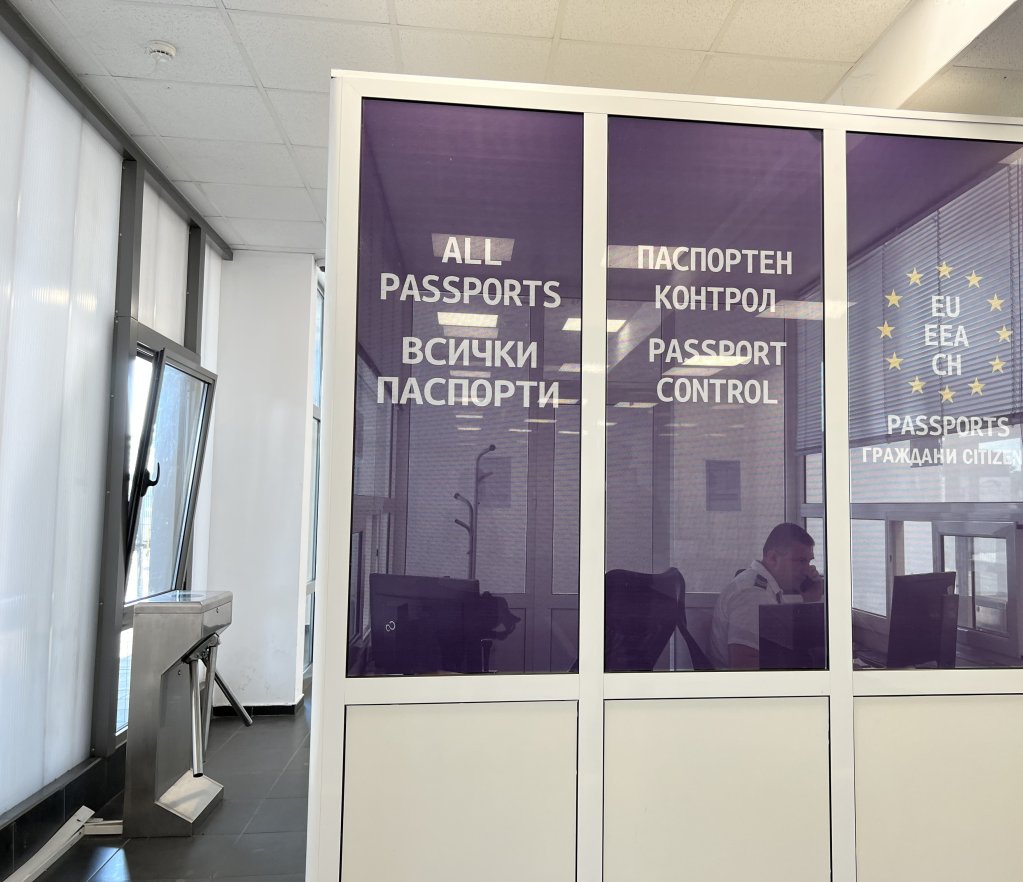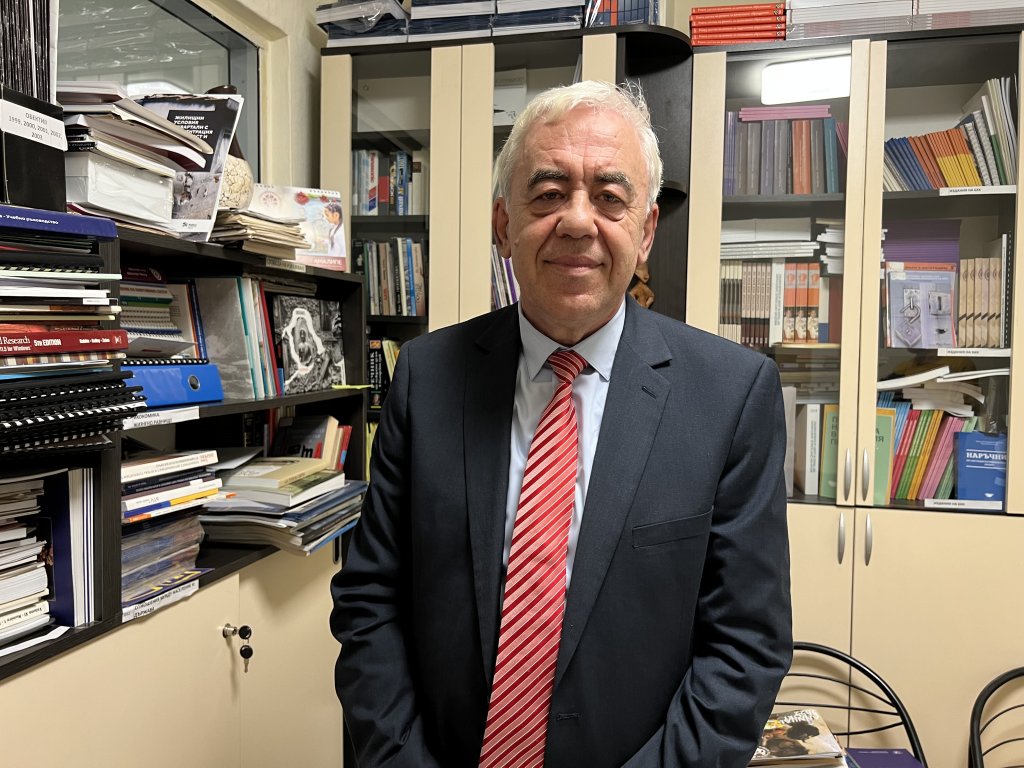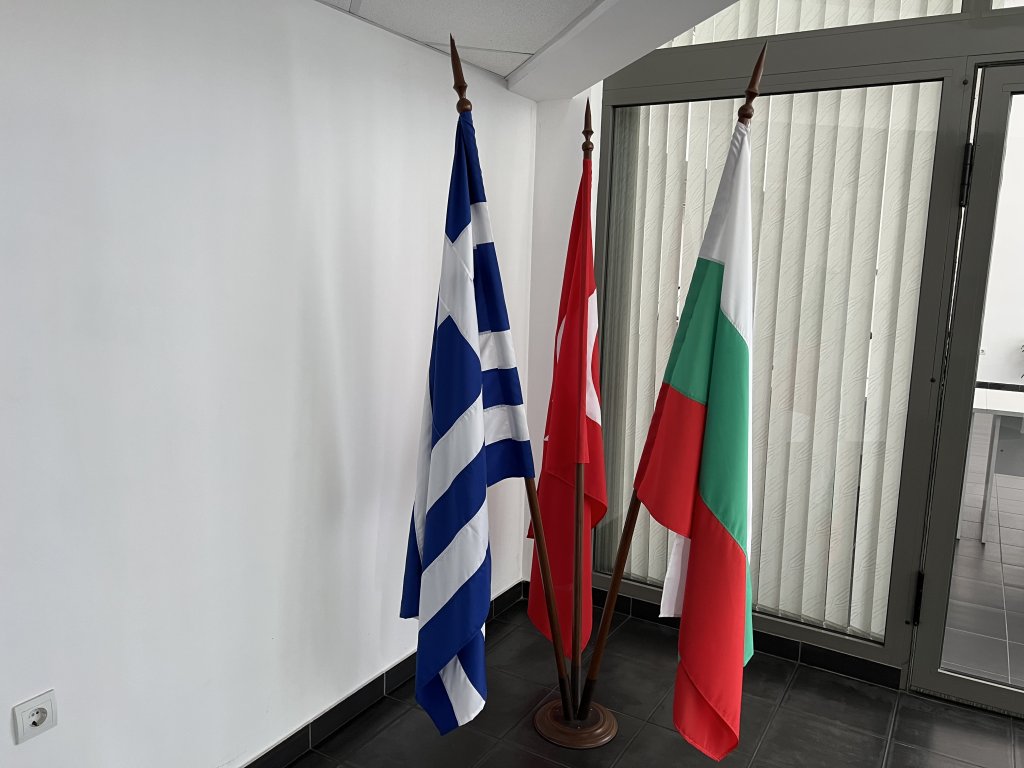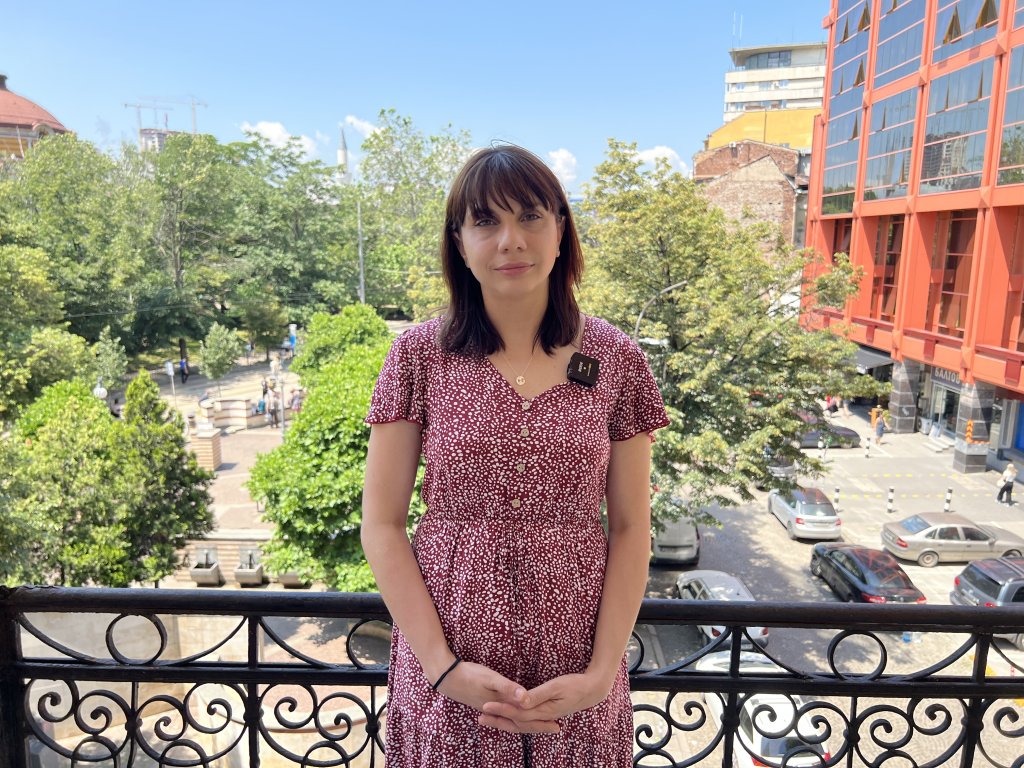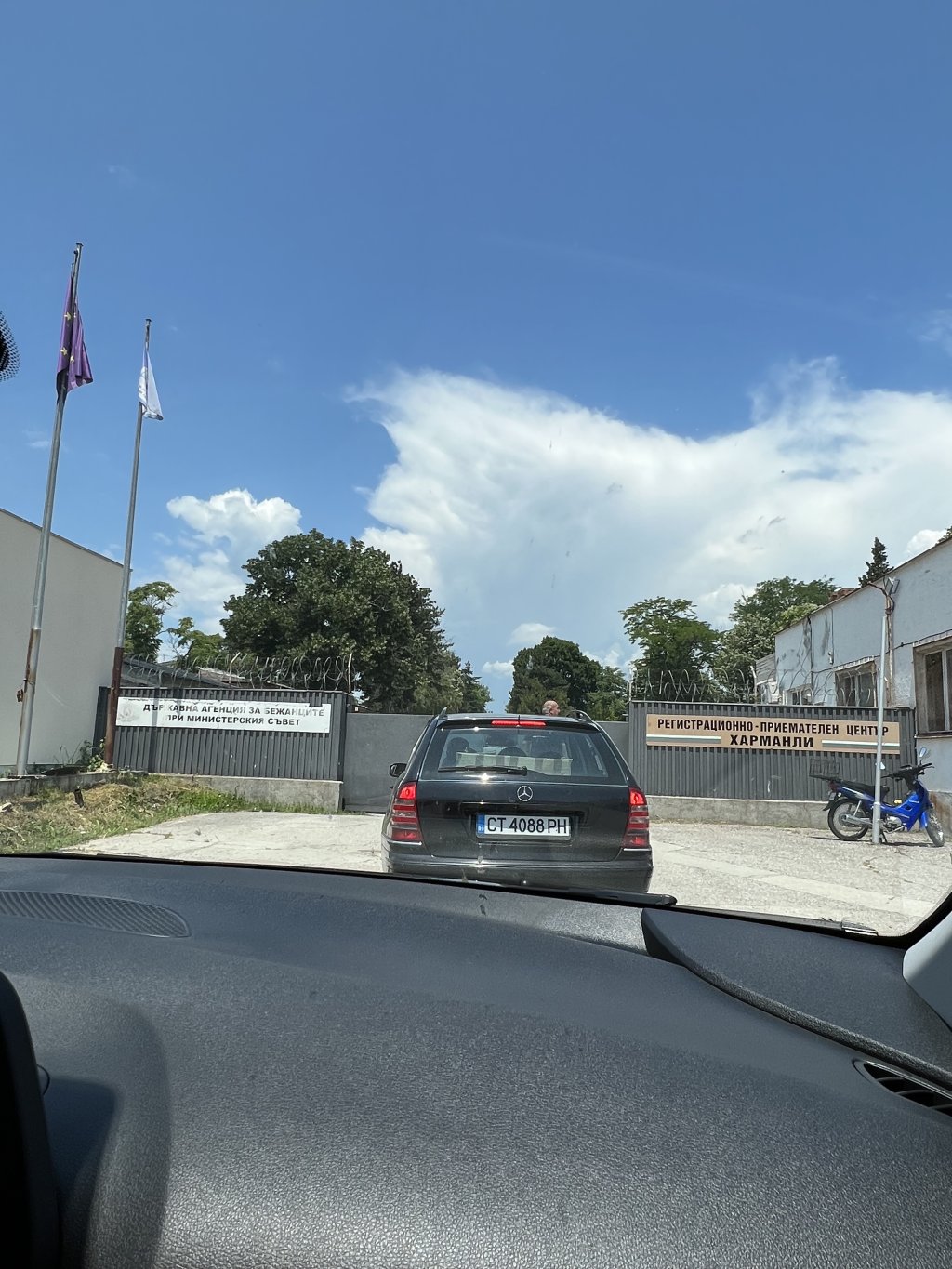The Bulgarian-Turkish border is seeing an upsurge in pushbacks and violence against migrants. InfoMigrants uncovers the reasons why and who are the most at risk.
*This article is the first in a four-part series. All research and interviews were conducted between June and August 2023, with field reporting in Bulgaria carried out between June 18 and 24, 2023.
The Bulgarian-Turkish border has seen a growing number of pushbacks and violence against migrants in the last year, prompting human rights workers to demand accountability. But with a culture of impunity within Bulgaria's police force and the country's ambitions to join Schengen by the end of 2023 – combined with the European Union's goals of curbing irregular migration – justice anytime soon seems unlikely.
Pushbacks are "a very serious problem" in Bulgaria, Krassimir Kanev, chair of the human rights non-profit Bulgarian Helsinki Committee, told InfoMigrants. His office in the Bulgarian capital of Sofia has dealt with scores of cases concerning violent pushbacks and migrant deaths on Bulgarian soil.
"There have been many cases of physical ill treatment, sometimes resulting in death…and use of firearms," he told InfoMigrants.
Last year alone, an estimated 5,270 pushbacks affecting 87,650 people occurred at the Bulgarian-Turkish border, according to the Bulgarian Helsinki Committee. Actual numbers, however, are believed to be much higher.
The figure is almost double the number registered in 2021 – some 2,510 pushbacks involving nearly 45,000 people. In 2020, the Committee reported that around 15,170 people were affected.
Pushbacks happen when a country uses measures to force refugees and migrants out of their territory while obstructing access to legal counsel and other support. They are prohibited under European Union (EU) and international law, violating the 1951 Refugee Convention principle of non-refoulement, which provides that refugees should not be returned to a country where they face serious threats to their life or freedom.
In interviews carried out in Bulgaria in mid-June, migrants, humanitarian workers and human rights experts confirmed to InfoMigrants that violence against migrants and pushbacks at the Bulgarian-Turkish border have increased in the last two years.
The Bulgarian government, however, maintains that "checks have been carried out of formal pushback signals made by foreigners who tried to illegally cross the state border of Bulgaria. The checks ended with the finding that there was no evidence of physical violence."
"It should be noted that many of the claims of 'pushbacks' are unfounded," a ministry spokesperson told InfoMigrants.
Greek migrant repression marks turning point in Bulgaria
Hamid Khoshseiar, a translator and coordinator at the Mission Wings Foundation in Harmanli near to the Bulgarian-Turkish border, works with migrants from the town's refugee reception center. He said more migrants started trying to enter the EU via the Bulgarian-Turkish border after the Greek government's swing to the right in 2019. Those numbers have climbed even higher in the last year.
"Around a year ago, we started to see a new practice. People were coming in our office to be registered…because of the increase of the number of pushbacks at the border," Khoshseiar told InfoMigrants.
In August 2022, a bus carrying at least 47 migrants collided with a police car in Bulgaria, leaving two officers dead.
"After that, the border escalated and became very intensive," with "more forces," Khoshseiar explained. "Even the army started to help border police and the gendarmerie [military police]."
Bulgarian authorities have been stripping migrants at the border before "pushing them back (into Turkey) without any clothes," Khoshseiar said, adding, "We also heard a lot about beatings on the border." Groups of border police would deliberately open up a section of the border fence so that migrants would pass through, then "hit everyone who was crossing," he said.
Khoshseiar added that many migrants told him it was their fifth or sixth time attempting to enter Bulgarian territory.
In order to find out which forces are involved in pushbacks, Khoshseiar also asks his clients about the color of their clothing.
"[The] forces ... involved [are] technically all of them. Border police with green, gendarmerie with dark blue, and police with blue – it's not specifically one," he said.
Khoshseiar is also concerned about chain pushbacks, a practice often initiated by European countries where people are pushed back through multiple consecutive countries.
"We heard from people… 'Bulgarian police arrested us, they started beating us. They sent us back to Greece. After that, the Greece police started beating us and send us back to Turkey,' – chain pushbacks."
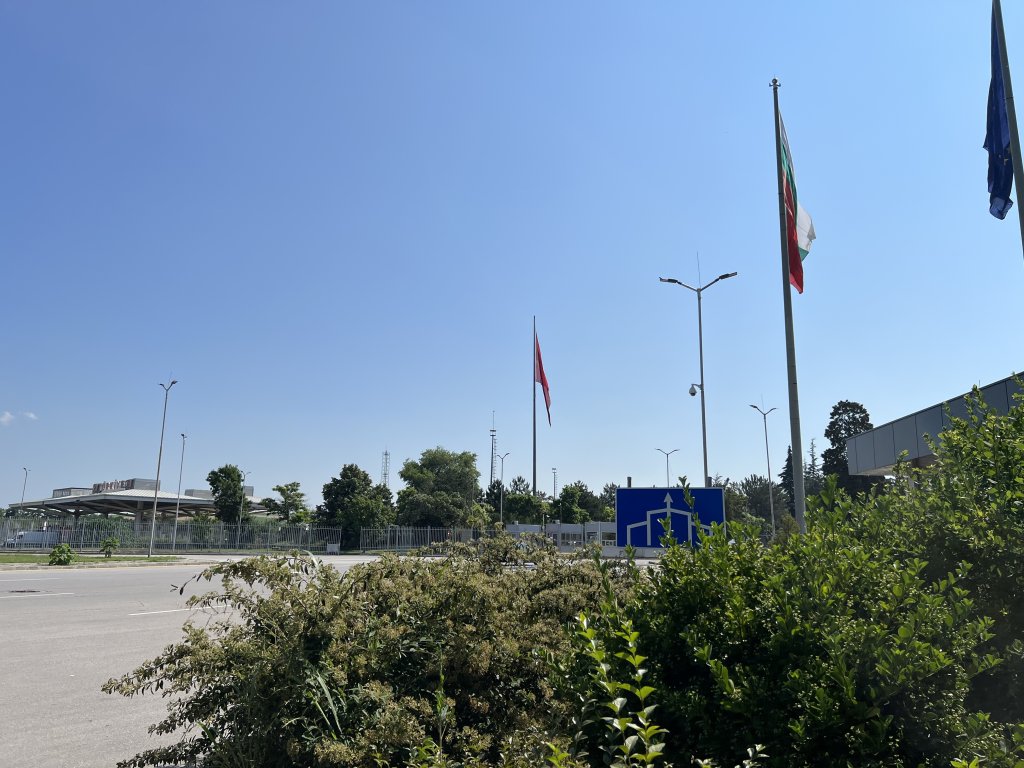
Bulgarian-Turkish border sees jump in migrant arrivals
Boris Cheshirkov, an external relations officer at the UN refugee agency UNHCR in Sofia, told InfoMigrants Bulgaria received some 20,000 asylum applications last year – "the highest number in a single year over 30 years of recorded statistics."
He said the main countries of origin were Syria, Afghanistan and Morocco, adding that this trend has largely continued in 2023. The number of refugees, asylum seekers and stateless persons at the end of 2022 was almost double than that of the year before.
The Taliban takeover of Afghanistan in 2021 and ongoing conflict in Syria are pushing citizens to journey to Bulgaria, while continued economic and political instability in neighboring Turkey – as well as the devastating aftermath of the February earthquake – are driving Syrians previously living in Turkey to cross the border into Bulgaria.
Migration activities have also resumed following the COVID-19 pandemic. In addition, slow and inefficient application processes across the EU have prompted many more to search for unofficial ways to enter the bloc, usually through the use of people smugglers.
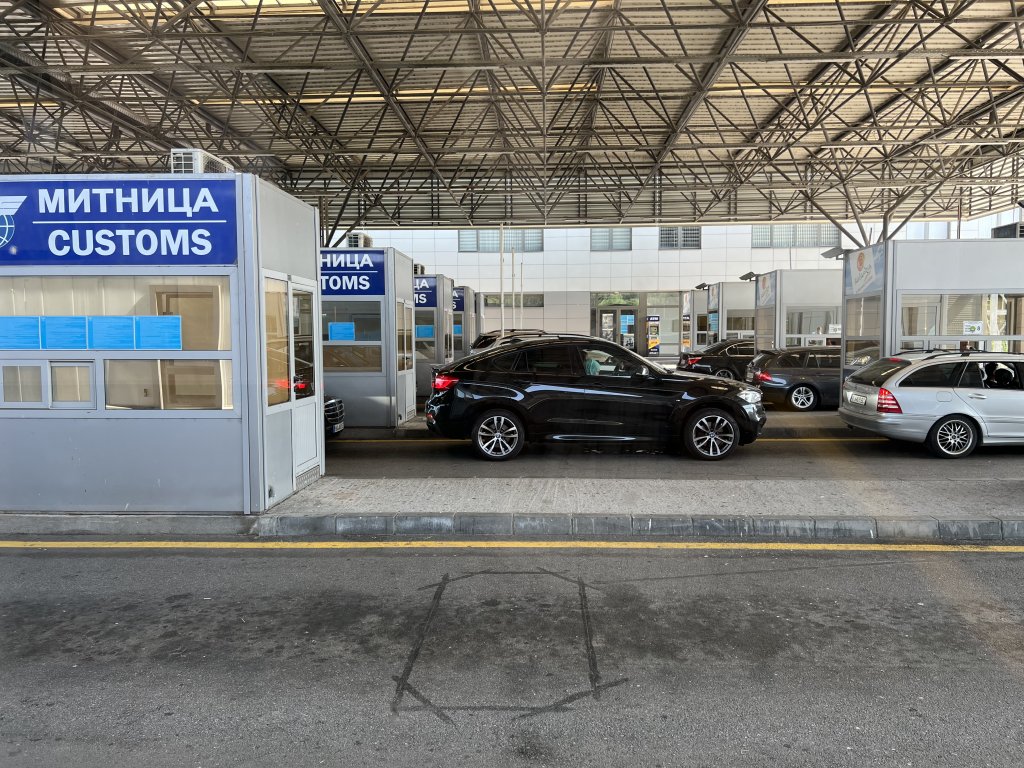
The trilateral Bulgaria-Greece-Turkey contact center at the Kapitan Andreevo border checkpoint confirmed that the Bulgarian-Turkish border has seen another strong wave of irregular migration in the past year, and is making prevention their top priority.
"The first and biggest issue is cross-border crime related to illegal migration – foremost in terms of volume," a Bulgarian border police spokesperson at the trilateral center told InfoMigrants. The center was established in 2016 soon after refugee arrivals in Europe peaked in 2015.
Higher migrant numbers arguably increase the probability of pushbacks. Migrants are also increasingly aiming for the Bulgarian-Turkish border as other European countries beef up security.
"In the past, much more migration has been through Greece than through Bulgaria," Kanev from the Helsinki Committee said. But over the past few years the Greek government has implemented tougher anti-migrant measures, bolstering sea and border patrols.
The Greek land border with Turkey is also much shorter, making it easier to surveil than its Bulgarian counterpart, which is longer and runs through mountainous, dense forests.
Migrants are also increasingly opting for the Bulgarian-Turkish border after hearing stories about violent pushbacks and aggressive behavior from Greek authorities at the Greek-Turkish border or experiencing violence firsthand in a previous failed crossing at the Greek border.
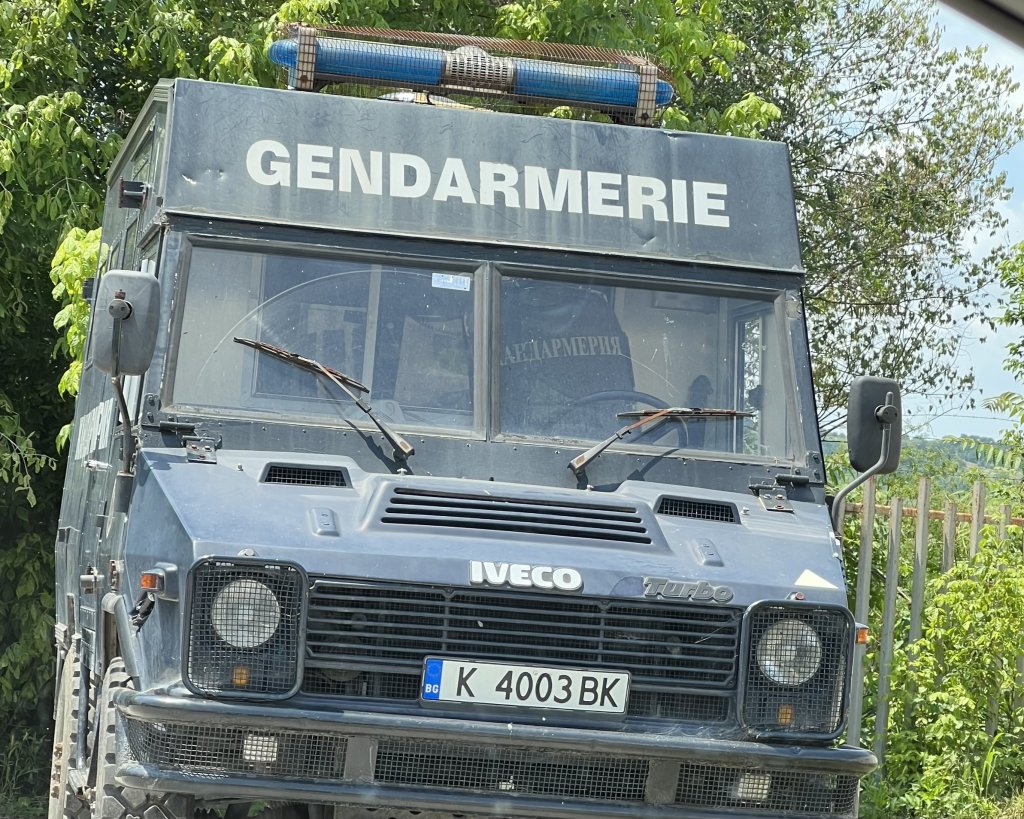
Authorities beat, stripped, robbed and shot at migrants
Diana Dimova, head of the Bulgarian human rights organization Mission Wings, said nearly 700 migrants who crossed the Bulgarian-Turkish border have passed through her consultation center in Harmanli in the last year.
"The practices they (migrants) share are: being stripped, robbing of personal belongings, phones and money, beatings with police batons, harassment with police dogs and illegal detention for 24-72 hours in unregulated premises," Dimova told InfoMigrants.
She and her colleagues have also traveled to Turkey to film the testimonies of scores of refugees who recount being abused and pushed back.
"Authorities are doing their best to hide their crimes," she said.
According to Dimova, authorities typically try to dismiss reports published by Mission Wings by declaring them attempts to jeopardize Bulgaria from being accepted into the Schengen zone.
Many migrants walk through dense forested areas, crossing the Strandja Nature Park at the border with Turkey. They usually walk four to eight days without food or water, and smugglers "give them pills to endure the journey," Dimova said. "Many are dehydrated and exhausted to the limit. Huge numbers of people are dying in the forests, mostly in the area of Sredets municipality."
GPS coordinates given by migrants in distress to hotlines in Europe "are rarely responded to by border police," she said.
"Usually we call 112 [cost free emergency number], who forward the signal to the border police. We have found that in many cases the border police do not look for them at all or leave them to their fate. In most cases, when 112 is called insistently and help is sought, they arrive at the scene of the tragedy, load those who have survived and send them back onto Turkish territory," Dimova told InfoMigrants.
"Bulgaria does not have a working system for rescuing refugees in distress – many of these people are left to perish in the forests," she said.
Her foundation is funded by various foreign organizations as the Bulgarian government does not provide them with financial support.
"There are very few organizations in Bulgaria helping refugees. Most do not want to engage in this topic because of negative public opinion" and are pressured by various institutions to stop their activities, Dimova explained.
A number of organizations focusing on refugees in Bulgaria are under investigation, including Mission Wings. The human rights foundation has been under surveillance for over 10 months after Bulgaria's State Agency for Refugees flagged suspicions that it is involved in the trafficking and smuggling of unaccompanied refugee children.
"The national security services pressured and harassed us for nearly a year, trying to stop us from helping those arriving from the Bulgarian-Turkish border," Dimova told InfoMigrants.
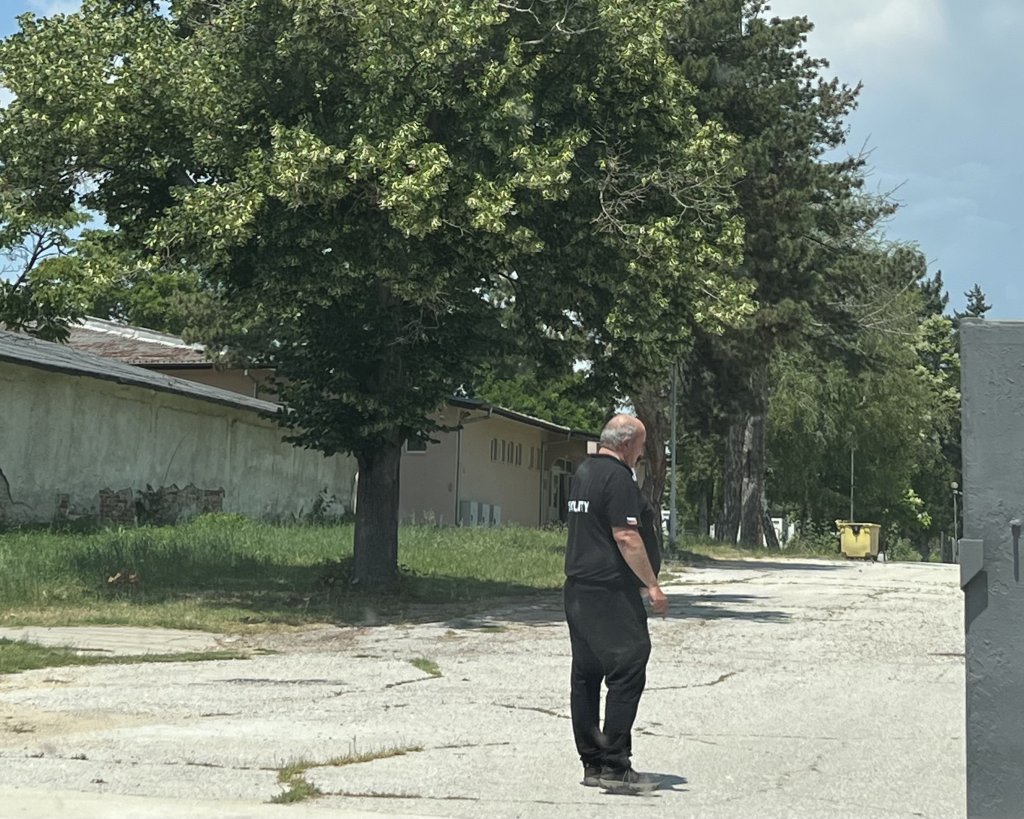
Journalists expose migrant shooting
Sofia Bahudela, an Arabic language worker at Caritas Bulgaria, said the charity is very familiar with migrants who are "extremely traumatized when entering the country."
"Everything is very dependent on the people serving as border guards," she told InfoMigrants.
Recounting the story of Ali Husseini, a young man who had been granted protection status in Bulgaria, Bahudela explains how when he traveled to the border to find his brother in 2022, he was stripped, beaten, robbed and then pushed into Turkey.
After a week of talks with a lawyer and a trip to Istanbul, he was able to return to Bulgaria, but had to wait a further five months to have his ID reissued. His brother, meanwhile, was deported from Turkey to Afghanistan.
In another case, the Bulgarian government repeatedly rejected accusations that its border guards shot a Syrian refugee in October 2022 after a video released two months after the incident showed a man being fired at on the Bulgarian-Turkish border.
The video was part of a joint investigation by several European media outlets led by the Netherlands-based Lighthouse Reports. In a separate video captured days later, the man identified himself as 19-year-old Abdullah El Rustum of Syria.
He said he was shot by Bulgarian border officers after his group was caught trying to enter Bulgaria irregularly. The Lighthouse investigation found that unarmed refugees were fired at from the same position on the Bulgarian side, where the border police were seen to be located.
Maria Cheresheva, a Bulgarian journalist based in the capital Sofia, participated in the Lighthouse probe. She has since been denied access to the Bulgarian-Turkish border on numerous occasions, and said she rarely receives comments from the government on her work.
"There has been no information or progress on this investigation" despite international attention drummed up by European media outlets, Cheresheva told InfoMigrants.
Testimonies of migrants who were pushed back and suffered violence at the border "are rarely taken into account," Cheresheva explained, adding that she has dealt with a number of similar cases, but noted it's "extremely difficult to prove who caused the violence."
The stressful and violent situations of pushbacks also make it difficult for migrants to identify the people responsible for the illegal acts: Are they Bulgarian border police, gendarmerie, European Border and Coast Guard Agency (Frontex) officers, or vigilantes?

Women and children face increased risks at border crossing
Women who attempt to enter Europe via the Bulgarian-Turkish border face heightened risks of sexual violence.
"We have cases of women who say they have experienced sexual violence on the way to Bulgaria at the hands of traffickers or police officers in Turkey. Some women have had to pay for their journey to Europe with sex due to lack of financial means," said Dimova of Mission Wings.
Cases of rape and abuse are difficult to record because "many of the women do not recognize the violence... as a problem or are ashamed to share," she told InfoMigrants.
The Bulgarian Helsinki Committee also confirmed it received reports of sexual harassment and rape from migrants.
Chairman Kanev cited a female migrant who informed the Committee that she was stripped naked and subjected to sexual harassment by Bulgarian authorities.
"I suspect that she was also raped, maybe, but she didn't say that," Kanev said.
Unaccompanied minors also face greater risks at the Bulgarian-Turkish border, journalist Cheresheva said, because there is "nobody to protect them on the way." Many problems can arise because the "mistreatment and violence happens outside of the system."
Cheresheva said she has interviewed many migrants who experienced violence at the border as minors. One boy she interviewed was kept in a detention center in Bulgaria expecting his asylum procedure to start, but was instead sent back to Turkey, where he was kidnapped. The last Cheresheva heard about the child was that he had been rescued by other refugees living in Turkey.
"With all this violence happening along the borders, not only by authorities but through all kinds of criminal groups, I'm very concerned about the fate of these kids," Cheresheva said.
Khoshseiar from Mission Wings said he came across two unaccompanied migrant children in Harmanli, a brother and sister aged 12 and 14. After showing them the way to the refugee reception center, he received information that the children had been put in a car and pushed back into Turkey.

Bulgaria is a 'peaceful country,' says Syrian barber
Despite the spike in tensions at the Bulgarian-Turkish border, several migrants InfoMigrants spoke to who have made Bulgaria home recounted positive stories of how the country had welcomed them.
Ahmed* is a Syrian barber in Sofia. He journeyed to Bulgaria with a group of friends in 2015, when their country was being torn apart by war and conflict.
"I came through the mountains for three days on the border between Turkey and Bulgaria – the situation was very difficult, very difficult indeed," he told InfoMigrants from his barbershop in the bustling center of the Bulgarian capital.
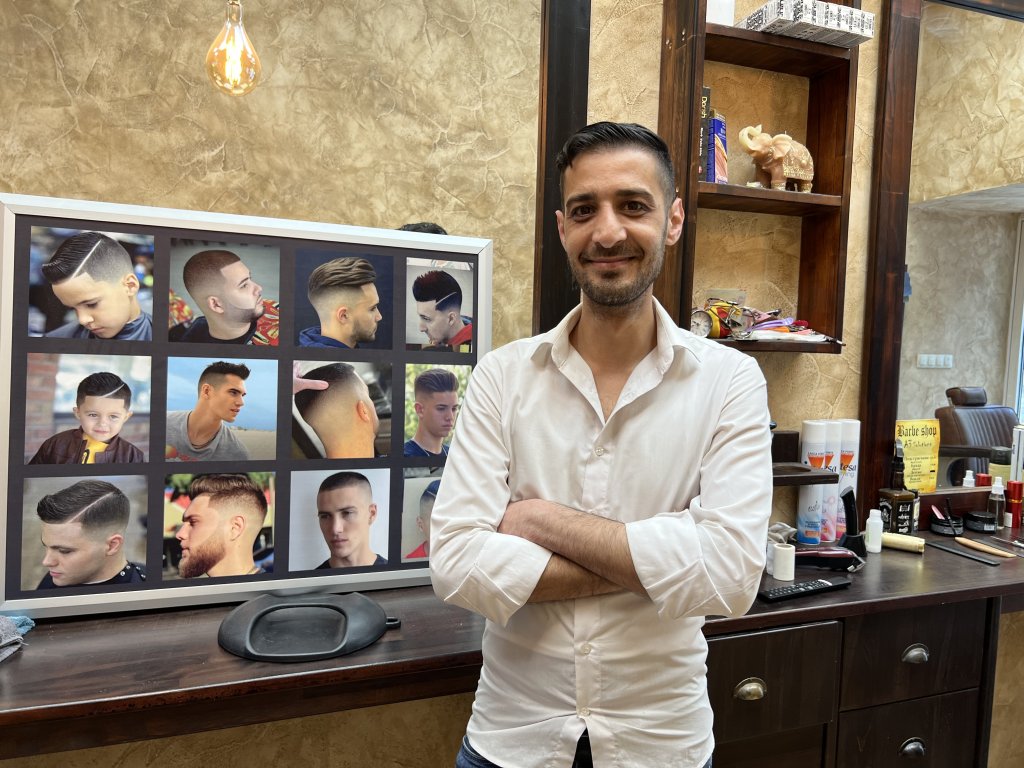
"For me personally, there were no issues with the (asylum) documents," he said.
When asked if he had any issues with border police during the journey, he responded: "No, very good people, really. I swear. I lived in Turkey for nine months. The police there were bad people. In Turkey, not here. I came to Bulgaria because of the police in Turkey, very bad people."
All of Ahmed's friends continued on to Germany, except for him.
"I love Bulgaria…I like it, good, peaceful country," he beamed.
*Name changed
Click here for part two.
This story was updated on August 22 to include statements from Diana Dimova, head of Mission Wings Foundation.

